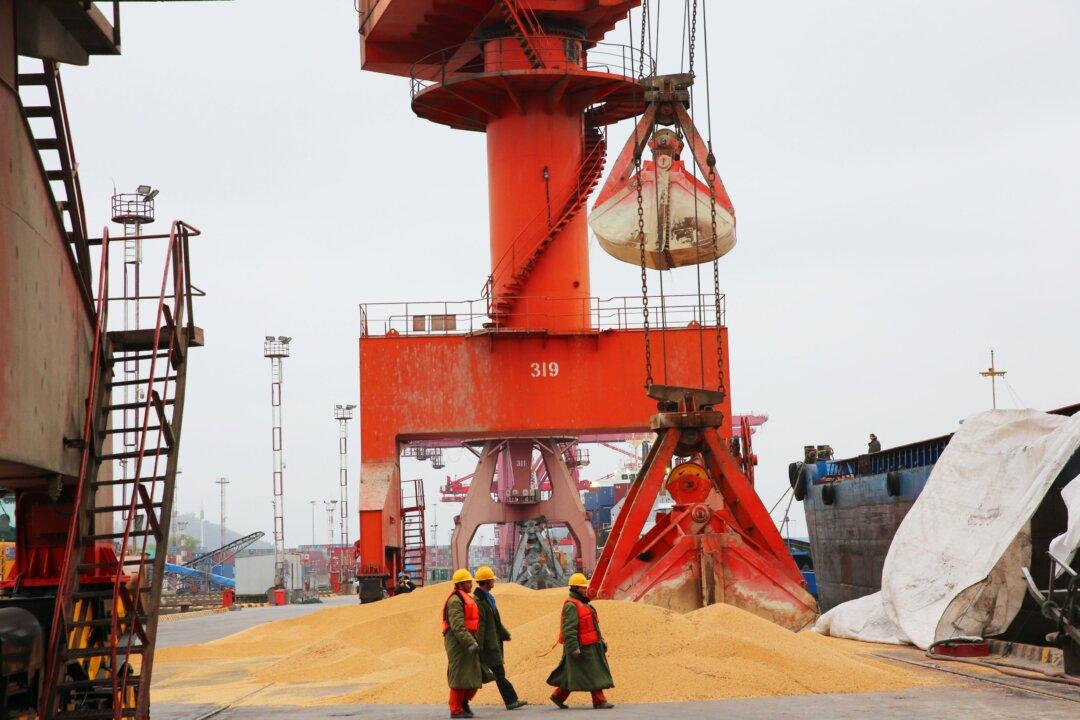BEIJING—Chinese companies are willing to import more U.S. farm goods, the Ministry of Commerce said on July 25, as envoys prepared to meet in Shanghai next week for talks aimed to end a tariff war.
The announcement appeared to be aimed to defuse U.S. President Donald Trump’s criticism that Beijing was backsliding on a promise to narrow its trade surplus with the United States by purchasing more U.S. farm products.





